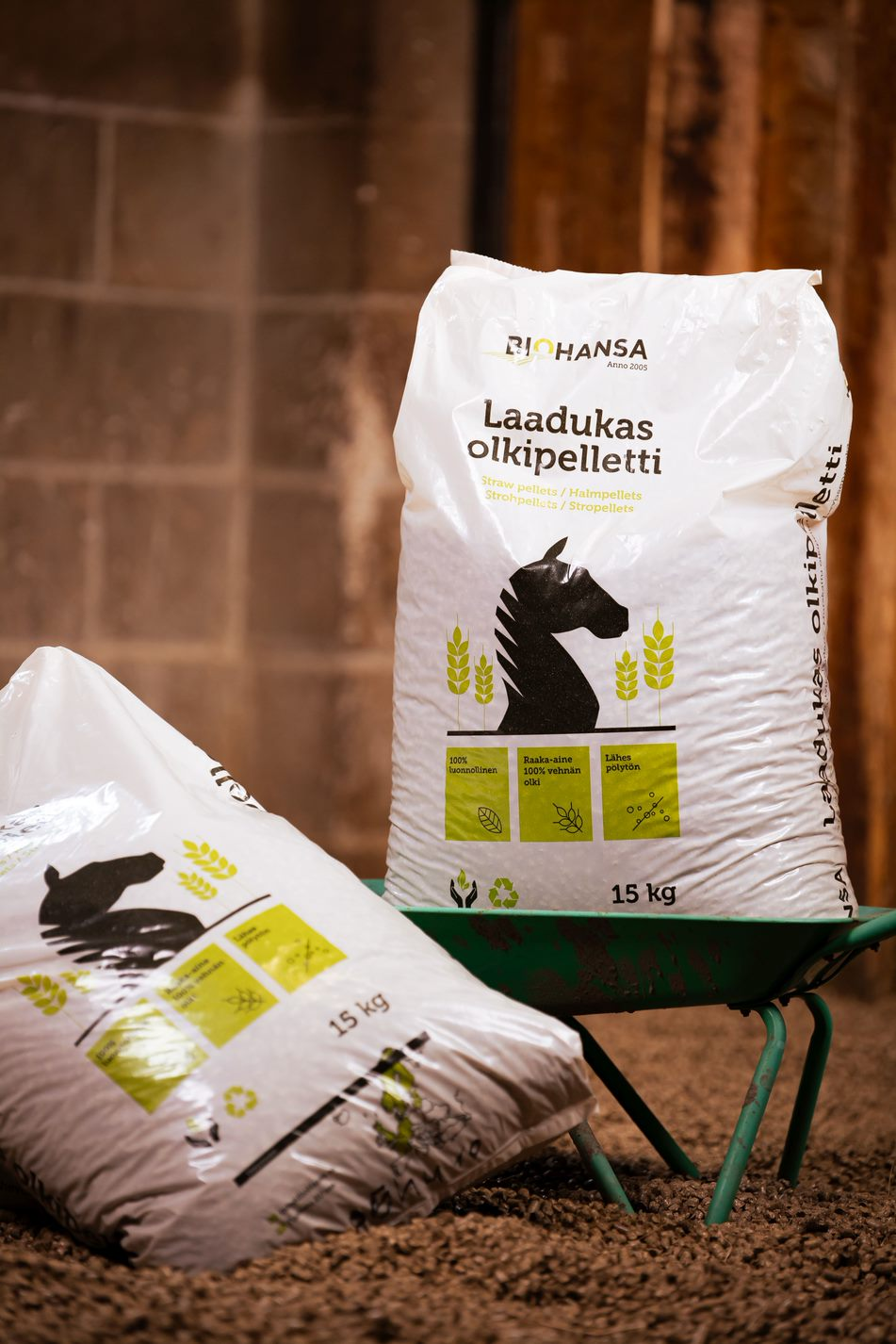
**Summer** brings relief to both horses and horse enthusiasts, as the weather is favorable, there's plenty of light, and the grazing season brings variety to the daily routine of the stable. However, summer can also be a demanding time if the horse's exercise and care are not adequately managed.
**Pasture vacation** is a highlight of the year for many horses. The opportunity to live in a herd and move freely promotes the horse's physical and psychological well-being. A horse, like a human, benefits from regular recovery. Pasture vacation is not always just "vacationing," but part of the horse's comprehensive training and maintenance program.
Benefits of Pasture Vacation
A vacation benefits the horse in many ways. Muscles, tendons, and joints get a break from strain, and herd life reduces stress and helps the horse relax.
**Often a break from routines** improves the horse's willingness to work, cooperativeness, and focus when the training season starts again. For horses in training, planned rest periods are recommended in the annual rhythm. Pasture vacation is an excellent way to combine rest and a species-typical living environment. The duration of a pasture vacation varies, but 2–4 weeks is a good time for recovery.
The beginning of the grazing season is a challenge for digestion. Fresh grass is high in sugar and easily digestible, which requires the gut flora to adapt. Grazing should be started gradually, initially for 30–60 minutes/day and gradually increased.
Pasture provides nourishment around the clock, which can cause some horses to gain weight. Conversely, others may lose weight if they don't thrive in the herd or the pasture is of poor quality. Monitoring weight is one of the most important monitoring tasks during the grazing season.
Pasture Maintenance
A well-maintained pasture is the foundation of safety and well-being. Too dense grazing, weeds, or poor water management can cause problems. In addition, attention should be paid to the sugar content of the grasses. In spring and on cool mornings, the sugar content can be higher.
So remember to **divide the pasture** and **rotate the area**. Remove harmful plants and mow the pasture regularly, and **check fences**, gates, and equipment. Ensure continuous water supply and shade; if necessary, take the horse to a stall to rest.

What if the horse cannot go to pasture?
However, not all horses can go to pasture due to limited space, illnesses, or other reasons. In such cases, it is the owner's responsibility to ensure that the horse gets enough exercise during the summer, instead of roaming freely in the pasture.
If the horse is at rest but not on pasture, it's worth closely monitoring its feeding. Less exercise + high energy intake = risk of weight gain and metabolic problems.
A horse can also thrive without pasture, as long as its needs are met comprehensively. Every horse is an individual. Even if there's no pasture, you can still bring summer elements into the horse's routine, for example, by mowing grass for them in the paddock.
**Keep the horse outdoors as long as possible**, even overnight if feasible. Maintain a natural pattern in the daily rhythm: movement, food, and rest.
Riding and Other Exercise in Summer
While summer encourages activity, it's important to pay attention to the heat and the horse's condition. Movement on pasture can be passive, so light exercise should be arranged several times a week.
Especially for ponies and easily gaining breeds, regular exercise and limiting excessive feeding are crucial. On hot days, plan exercise for early morning or evening when the temperature is more moderate. Offer enough water before and after training. Especially with overweight horses, monitor breathing rate and sweating, as heat can quickly strain them.
In addition, it's worth remembering that in summer, riding surfaces can dry out, become dusty, or too hard. Keep the arena or indoor school in good condition by watering it to prevent dust, harrowing it, and if necessary, **adding sand or fiber**.
Summer can therefore be an excellent time for a horse's well-being, as long as pasture vacation, feeding, and exercise are balanced. Remember that basic horse care does not decrease in summer, even if routines change. A functional pasture, a careful transition from indoor feeding to the grazing season, sufficient exercise, and riding adapted to the conditions will ensure that the horse stays healthy and happy throughout the summer.






